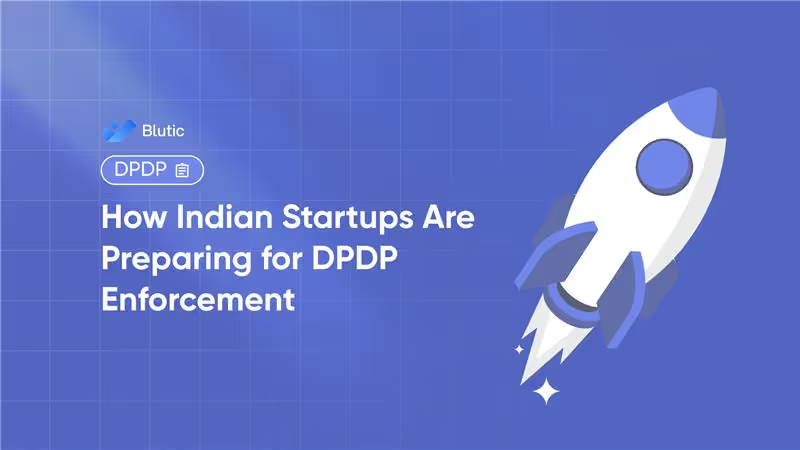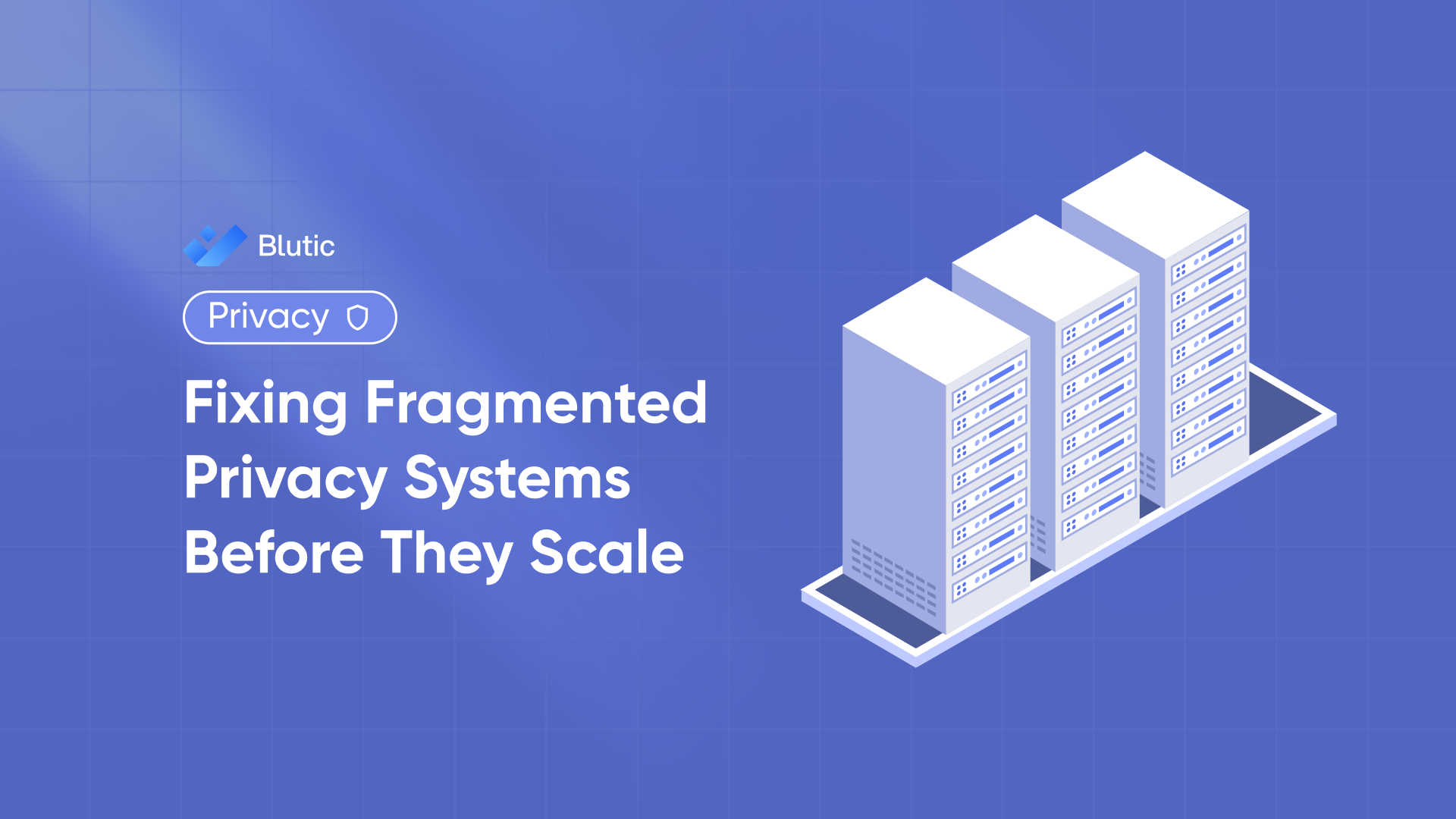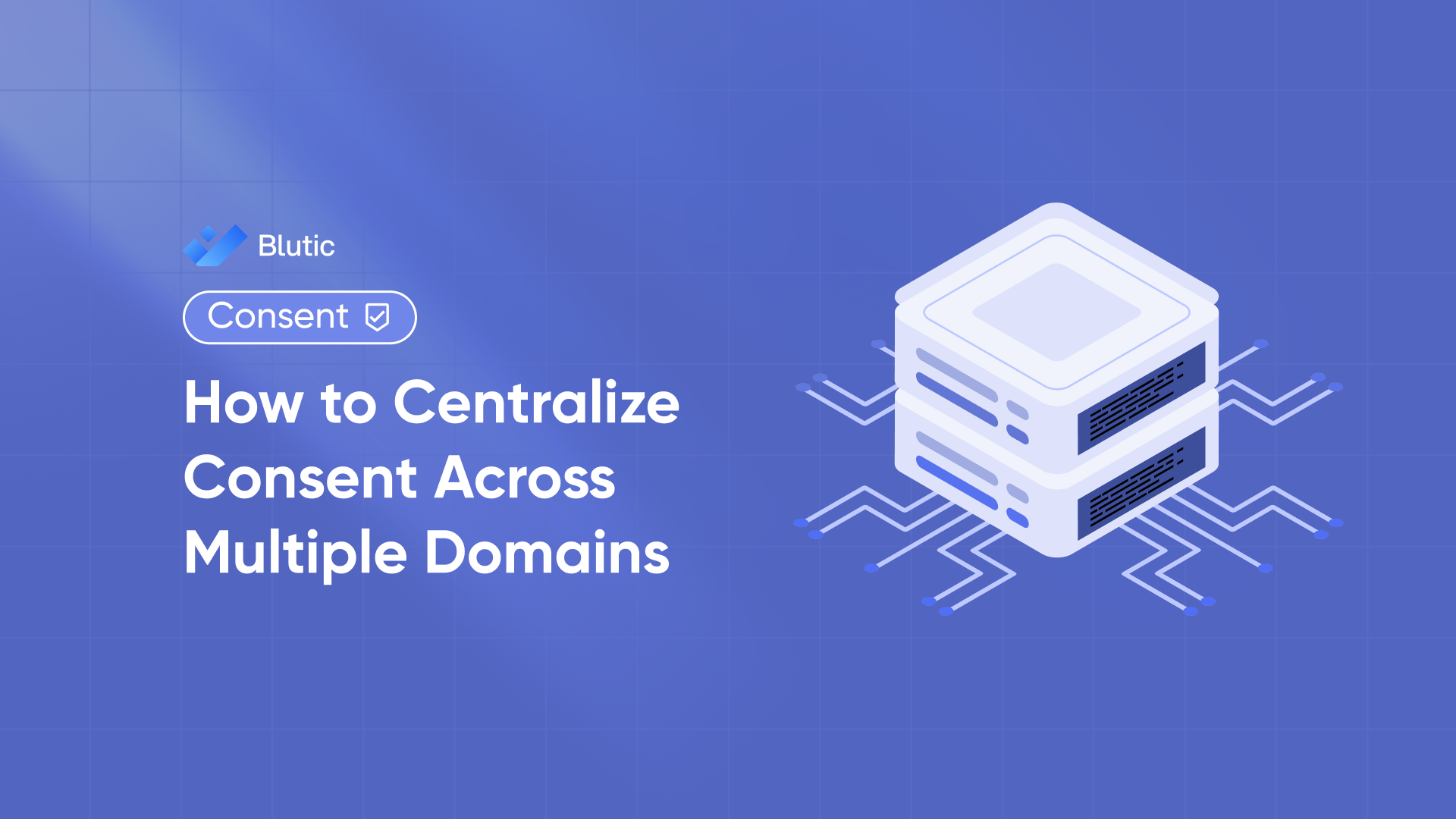How Indian Startups Are Preparing for DPDP Enforcement

How Indian Startups Are Preparing for DPDP Enforcement
Introduction
The Digital Personal Data Protection Act (DPDPA) is now in force, and Indian startups are feeling the pressure to get compliant. With penalties of up to ₹250 crore and increased user scrutiny over data privacy, the cost of non-compliance isn’t just financial it’s reputational.
But here’s the upside: startups are uniquely positioned to adapt quickly. Agile teams, digital-first infrastructure, and direct-to-user models make it easier to embed compliance from the ground up.
This blog explores how Indian startups from fintech to SaaS to e-commerce are preparing for DPDPA enforcement in 2025, and the tools and strategies they’re using to stay ahead.
1. Mapping the Data Lifecycle
Smart startups are starting with one question: What data are we collecting, and why?
They’re auditing:
- Data touchpoints (website, mobile app, CRM)
- Cookie and tracking scripts
- Marketing tools and analytics
- User onboarding flows
The goal is to identify every point where personal data is collected and plug privacy into each stage of the journey.
2. Upgrading Cookie Consent Systems
Gone are the days of “Accept All” banners with no real control.
Startups are now:
- Implementing dynamic cookie banners with opt-in toggles
- Blocking cookies (e.g. Google Analytics, Meta Pixel) until user approval
- Categorizing cookies (Essential, Functional, Analytics, Marketing)
- Using multi-language support for diverse Indian audiences
This shift is crucial not only for DPDPA compliance but also to demonstrate respect for user choice.
3. Choosing the Right Consent Management Platform (CMP)
Rather than building systems from scratch, many startups are adopting affordable CMPs like Blutic that offer:
- Pre-built DPDPA compliance settings
- Geo-targeted and no-code consent banners
- Consent record logs with export functionality
- Integrations with platforms like Shopify, WordPress, WooCommerce, and GTM
- Custom UI to match brand tone and UX
Blutic, in particular, caters to the specific compliance needs of Indian startups, enabling privacy without complexity.
4. Establishing a Consent Preference Centre
Leading startups are building preference centres where users can:
- See what data is being collected
- Change or withdraw consent at any time
- Choose cookie categories per use case
- View the version of the policy they agreed to
This promotes transparency and meets one of the DPDP Act’s biggest requirements: data subject empowerment.
5. Training Teams on Data Privacy
Startups are running internal sessions to help teams especially marketing, product, and engineering understand:
- What constitutes “personal data” under DPDP
- How to get consent that is valid and verifiable
- What not to track without consent
- How to respond to user requests like erasure or access
Privacy is becoming a cross-functional discipline not just legal’s job.
6. Documenting Compliance Readiness
Investors, partners, and customers are beginning to ask, “Are you DPDPA-compliant?”
Startups are getting ahead by preparing:
- Privacy policies and cookie disclosures
- Consent logs for every digital property
- A compliance checklist with vendor reviews
- Contact points for grievance redressal
This documentation isn’t just for audits it’s part of building a privacy-forward brand.
7. Using Compliance as a Growth Lever
Some startups are flipping the script: using compliance as a marketing differentiator.
By highlighting features like:
- “No tracking without consent”
- “User-controlled data sharing”
- “Compliant with India’s DPDP Act”
…they’re building trust, especially with privacy-conscious users, enterprise buyers, and global partners.
For Indian startups, DPDP enforcement isn’t just a regulatory checkpoint it’s a cultural shift. The best-prepared startups aren’t seeing this as a roadblock but as a chance to build with trust from Day 1.
With tools like Blutic, startups can stay lean, compliant, and future-ready turning a complex law into a simple, scalable workflow.
Frequently Asked Questions
Penalties can go up to ₹250 crore depending on the nature of the violation and failure to meet consent or processing standards.
Yes. Whether you're a small app or a growing SaaS company, if you collect personal data, you must have a system to manage consent, logs, and user preferences.
Not necessarily. Platforms like Blutic offer affordable pricing plans tailored for startups, including no-code setups and fast onboarding.
Yes, All businesses must comply unless classified as “small data fiduciaries” under specific exemptions.
Yes. Any business collecting or processing personal data in India must comply, regardless of size.
Yes, unless you’re specifically exempted (e.g., notified as a “small fiduciary” by the government), the Act applies to all businesses processing personal data.




.svg)
